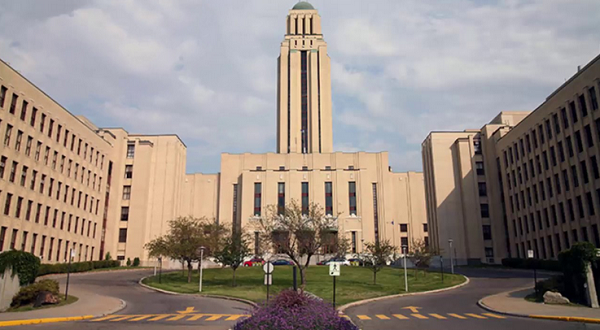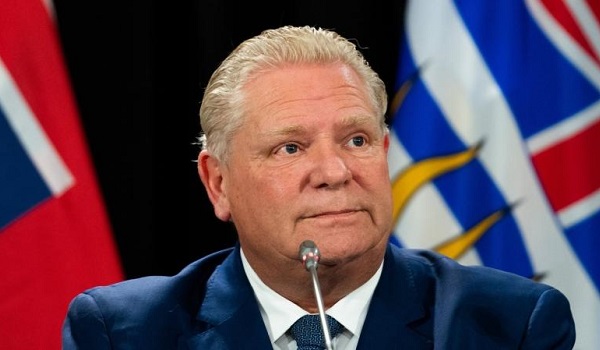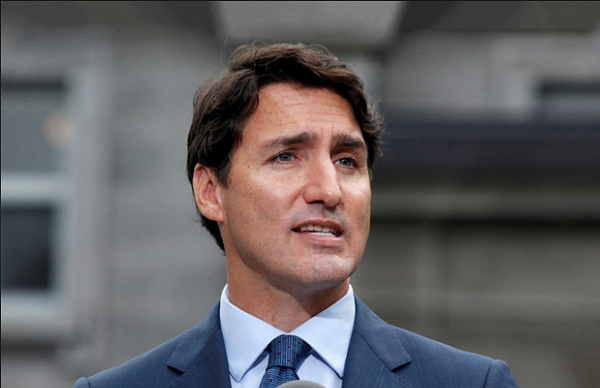Cap on international student permits could have financial impact on universities
The federal government’s decision to further reduce the number of international study permit applications it will process is set to deal another financial blow to universities and colleges, who say it could take years to restore Canada’s reputation as a welcoming destination.
Ottawa announced Wednesday that Canada will cut the number of applications it will process from prospective international students by another 10 per cent in 2025, adding to an initial reduction of 35 per cent this year.
The government also said the cap on study permits will now apply to master’s and PhD students, who were previously excluded, with about 12 per cent of the cap reserved for them.
Those policies are part of a suite of federal measures aimed at shrinking the number of temporary foreign residents. But Gabriel Miller, president of Universities Canada, the umbrella group that represents nearly 100 schools, said they will likely make recruitment challenges even more difficult in the short term.
“Our international reputation has already gotten very beaten up over the past six months and the decision to tighten the screws on the cap and to make recruiting graduate students more difficult will put another dent in our brand,” he said.
Universities and colleges have come to rely on the revenue they derive from the higher tuition fees paid by international students. The impact of a decline in new international students, which Mr. Miller estimates as at least 45-per-cent lower this fall than a year ago at universities, is already being felt. That impact may increase next year.
“It will mean bigger deficits at more institutions right across the country,” he said. “It’s still within the power of federal and provincial governments to prevent those deficits from turning into cuts that hurt students and our economy.”
Mr. Miller said it’s important that institutions now have some certainty about the direction of policy so they can plan for next year and beyond.
“We’ve got to make sure one terrible year in international student recruitment is not allowed to turn into three, five, or 10 years. And we need to start seeing real plans to fix the funding gap that is hurting universities in Ontario and across the country.”
The government also said it will limit post-graduation work permits for international students from colleges. Colleges and Institutes Canada president Pari Johnston said that decision will cause significant harm in the college sector and to local businesses that rely on the schools to supply graduates to the labour force.
Under the new rules, international graduates from colleges would have to be trained in sectors where there are labour shortages in order to be granted a post-graduation work permit. Those from universities would qualify automatically.
“We have very strong concerns with this one-size fits all approach,” Ms. Johnston said. “Colleges are singled out as the ones that will need to prove national labour market alignment at a time when Canada’s communities and regional economies across the country need the graduates we produce.”
She said colleges are mandated to work with their local communities to understand and align with local labour market conditions, and that national targets based on national data are not the best way to meet those needs: “Canada is a country of regions with economies that have different needs.”
Steve Orsini, president of the Council of Ontario Universities, said the federal government’s focus on reducing the quantity of international students risks eroding Canada’s brand in the international education market.
“The more we signal international students are not welcome, the more those most mobile, most talented students may turn away from applying to Canada,” he said.
This year, the Ontario government allotted only 16 per cent of its international places to universities, with the bulk going to public colleges. Mr. Orsini called on the province to ensure that public universities don’t see their permit numbers diminish next year and that they are given the full allocation reserved for master’s and PhD students.
Nolan Quinn, Ontario Minister of Colleges and Universities, said in a statement he would continue to work with postsecondary institutions to ensure their success and financial sustainability.
This article was first reported by The Globe and Mail













